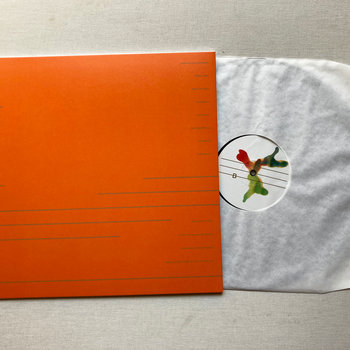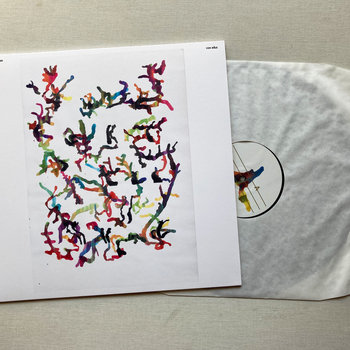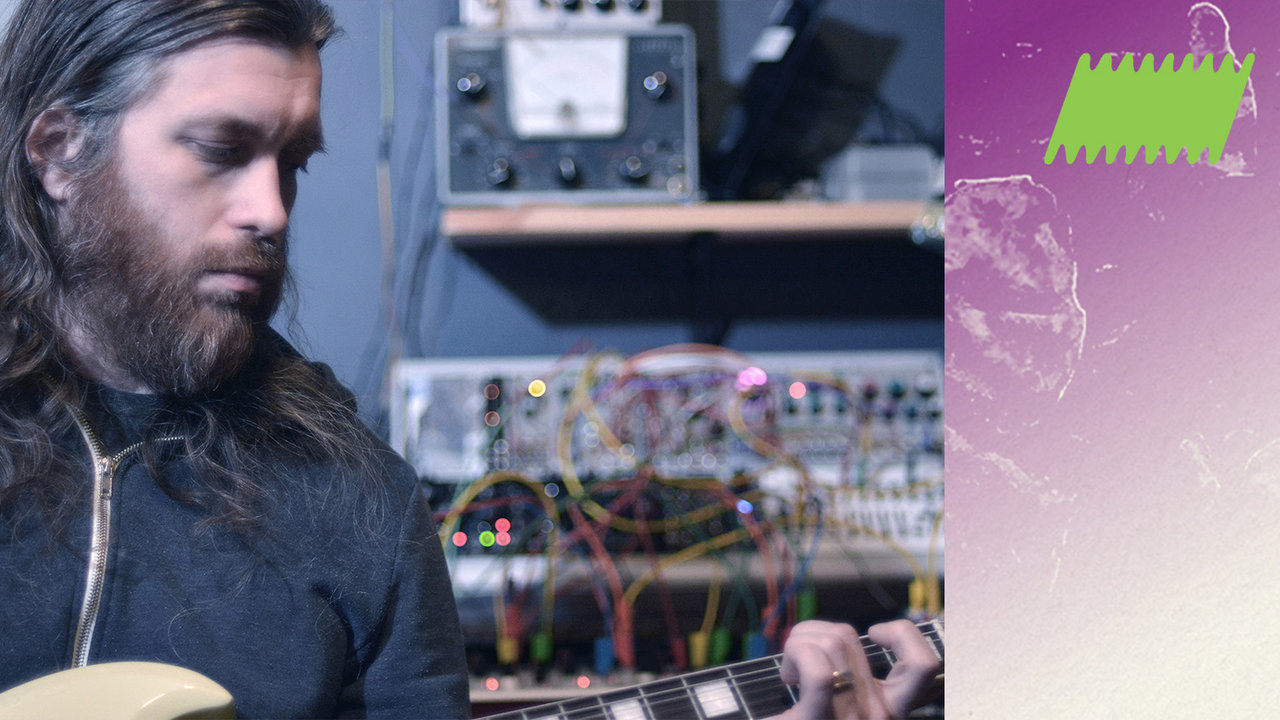



Vinyl LP


As the first decade of the 2000s wound down, ambient music thrived in the underground. Grouper, Leyland Kirby, Oneohtrix Point Never, Emeralds, and Yellow Swans all applied their expertise in noisemaking to atmospheric sounds, filling them with abstraction, disorientation, and gradual abandon. Amongst all this high-level activity, Marc Richter managed to stand out. His 2009 album Alphabet 1968, released under the name Black to Comm, mixed vinyl samples, field recordings, odd electronics, and good old acoustic instruments into compelling sonic scenes, resulting in one of the best records of that year.
In the time since, Richter has made multiple Black to Comm albums for Thrill Jockey, while also releasing music under his own name and as Mouchoir Étanche and Jemh Circs (in which he uses vocal snippets from pop music clips on YouTube). But before all that, Richter began creating a follow-up to Alphabet 68, and now he’s finally unearthed this material. On the 18-track, 40-minute Coh Bâle, he’s as open to all sounds as he was on Alphabet 1968, mining such diverse sources as an out-of-tune piano, children singing, pristine acoustic guitar, and classic synthesizers. The album echoes his achievements from 14 years ago, but also sounds great in the here and now.
Even more so than on Alphabet 1968, Richter presents his ideas in bite-sized chunks, with no track lasting more than four and a half minutes, and many clocking in at two minutes or less. These short windows of sound—along with the fact that no two songs use the same instrumentation—allow Richter to intensely explore just a few ideas on each piece. On the chiming “Geburt der Pferde,” strums circle and overlap, as if presented from multiple angles. A similar effect comes from piano chords during “Zweitausendzweiundzwanzig,” which Richter melts into glitches and whirrs. A bracing take on the traditional Welsh tune “Iechyd o Gylch” offers metallic strains from a digital approximation of the African string instrument known as the berimbau. And in Coh Bâle’s most moving track, “Europamusik,” Richter morphs back-and-forth, accordion-like tones into reverberating chants of disembodied voices.
It’s during those kinds of uncanny juxtapositions that Richter’s aesthetic comes across strongest. He can evoke deep emotions and complex memories with just a single sound. His music always feels inherently reflective, and Coh Bâle’s status as a sequel to an older album just adds to that past-within-the-past aura. But like the work of Fennesz (whose 2014 album Bécs similarly furthered a previous effort, 2001’s Endless Summer), Richter’s music never sounds like an aging relic. It’s always a new stop along a singular path—one that may be difficult to map, but is eminently easy to recognize.







